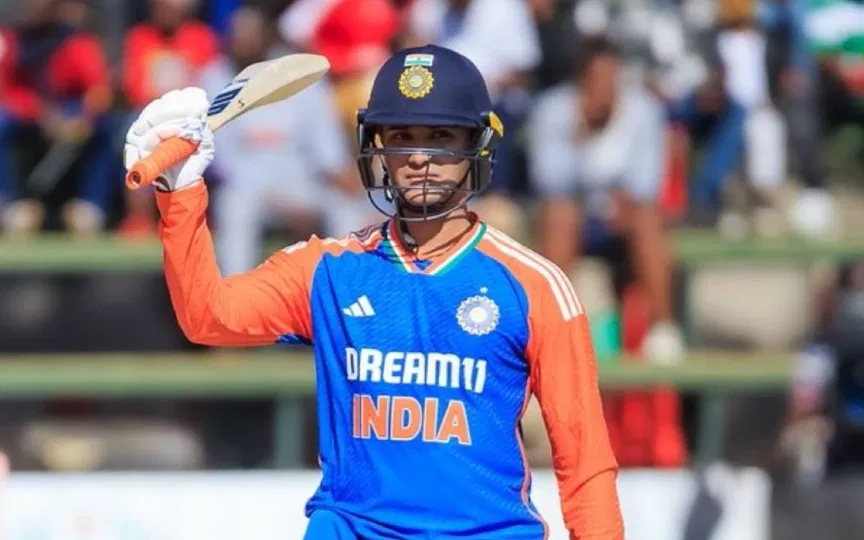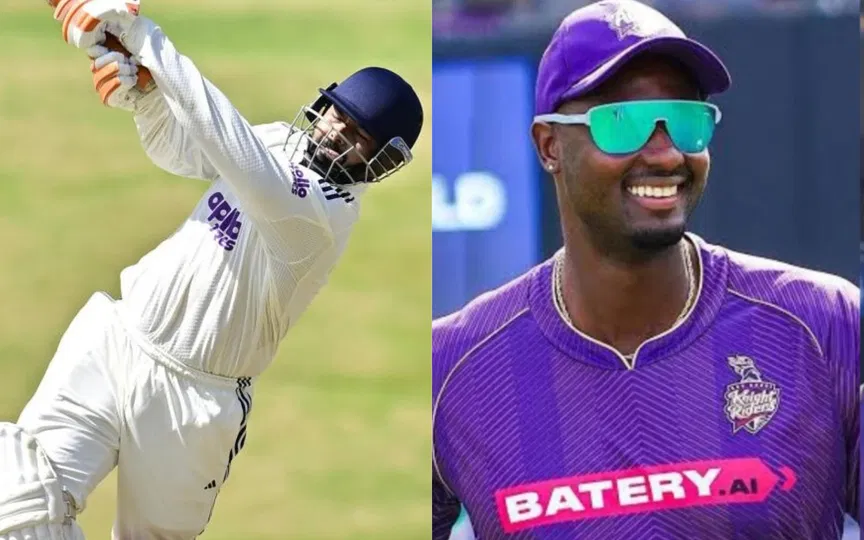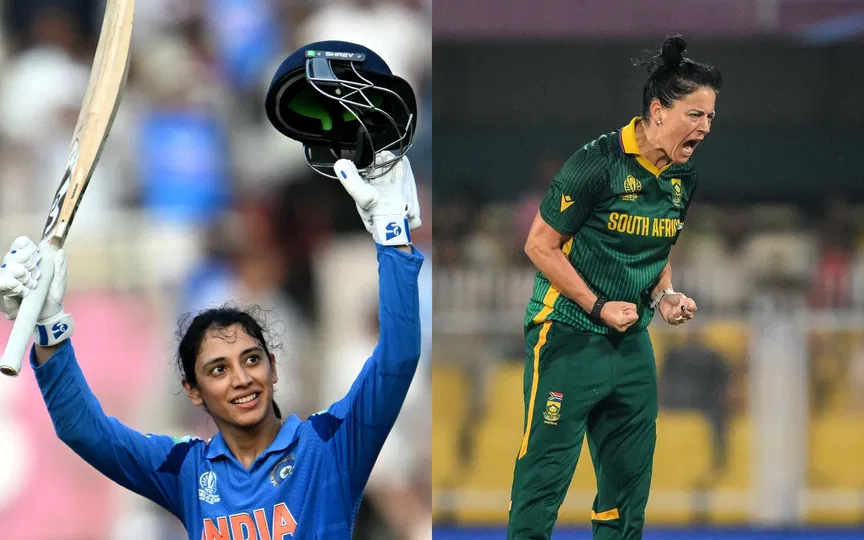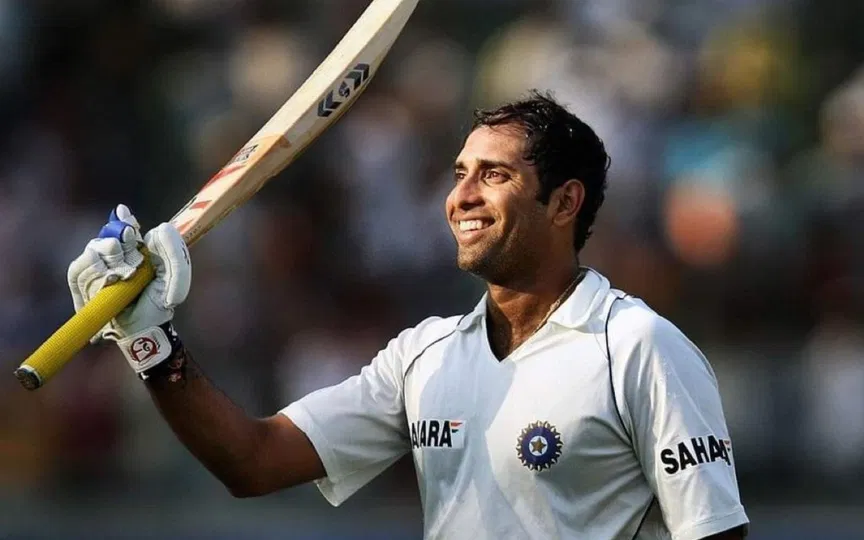![Abhishek Sharma is leading India's T20I team, quite literally [Source: @vinsaa96/X.com]](https://onecricketnews.akamaized.net/parth-editor/oc-dashboard/news-images-prod/1762012765143_Abhishek_Sharma_India_T20I_2025.jpg?type=hq) Abhishek Sharma is leading India's T20I team, quite literally [Source: @vinsaa96/X.com]
Abhishek Sharma is leading India's T20I team, quite literally [Source: @vinsaa96/X.com]
Balance is, of course, everything in T20 cricket's fast-moving world. A strong team is not just about one star performer, but collective strength is the essence along with consistency and adaptability.
Yet, as India’s 2025 T20I season is nearing it's end, one thing is becoming painfully clear that India is far too dependent on Abhishek Sharma.
Abhishek Sharma is carrying India’s T20I side on his shoulder
The numbers tell the story better than any opinion. Out of India’s total 2075 runs scored in T20Is held in 2025, Abhishek Sharma alone has scored 680.
That’s 32.77% of all the runs, nearly one-third of the team’s total. Not only that, but Sharma (680) is just behind Shikhar Dhawan (689) in most runs scored by an Indian opener in T20Is in a calendar year.
It’s an extraordinary individual achievement, no doubt, but it also exposes a worrying reality.
When one player carries such a heavy share of the scoring load, it usually means the rest of the batting lineup isn’t pulling its weight.
Abhishek's rise has been meteoric as his aggressive starts, fearless approach from ball one have given India the kind of power-packed opener that they had been hunting desperately in the post-Rohit Sharma era.
But as his bat keeps delivering, others around him seem to be fading into the background.
India’s middle-order misfire needs fixing before the 2026 T20 World Cup
While Abhishek Sharma shines, India’s middle order, once its biggest strength, has been alarmingly inconsistent. The likes of Shubman Gill, Suryakumar Yadav, and Sanju Samson, match winners on their day, have struggled to find rhythm or continuity.
There have been flashes of brilliance, a fifty here, a cameo there, but nothing sustained enough to ease the burden on Abhishek.
The problem isn’t talent; it’s temperament and adaptability. With conditions varying from one venue to another in modern-day T20 cricket, India's unit hasn't shown the ability to adapt in quick time.
It has also made India's approach predictable, having become overdependent on Abhishek Sharma. Opponents know that early wickets, especially that of Abhishek, can cripple India’s scoring rate.
When he fires, India look unbeatable. But when he falls early, the innings often lose momentum, with others struggling to take control. That’s not how a world-class T20 side should operate.
It’s easy to celebrate individual brilliance, but cricket is a team sport. Just because one player is in fantastic form shouldn’t disguise the failings of the team.
If India wants to dominate the global stage, particularly with the 2026 T20 World Cup coming, the supporting cast needs to step up.
The middle order must rediscover its spark, and the finishing department has to be more ruthless.
Final thought
There’s also a lesson here for the management, especially under Gautam Gambhir’s reign.
Relying on one man’s form is a dangerous game. Injuries, loss of touch, or even tactical targeting by opponents can quickly change fortunes. What the team does need is a plan that evenly distributes responsibility across the lineup.
From sorting the combination to handing a distinct role to each, India's T20I approach is seeking urgent attention.
Abhishek Sharma deserves all the praise he’s getting, as he’s been India’s shining light in 2025. But for India to truly sparkle as a team, others have to chip in too.
And cricket history has taught us this-that champions are made not on one single hero but on many who play their part. And right now, India’s T20I team needs more heroes to stand beside Abhishek Sharma, not behind him.

.jpg)
.jpg?type=mq)



